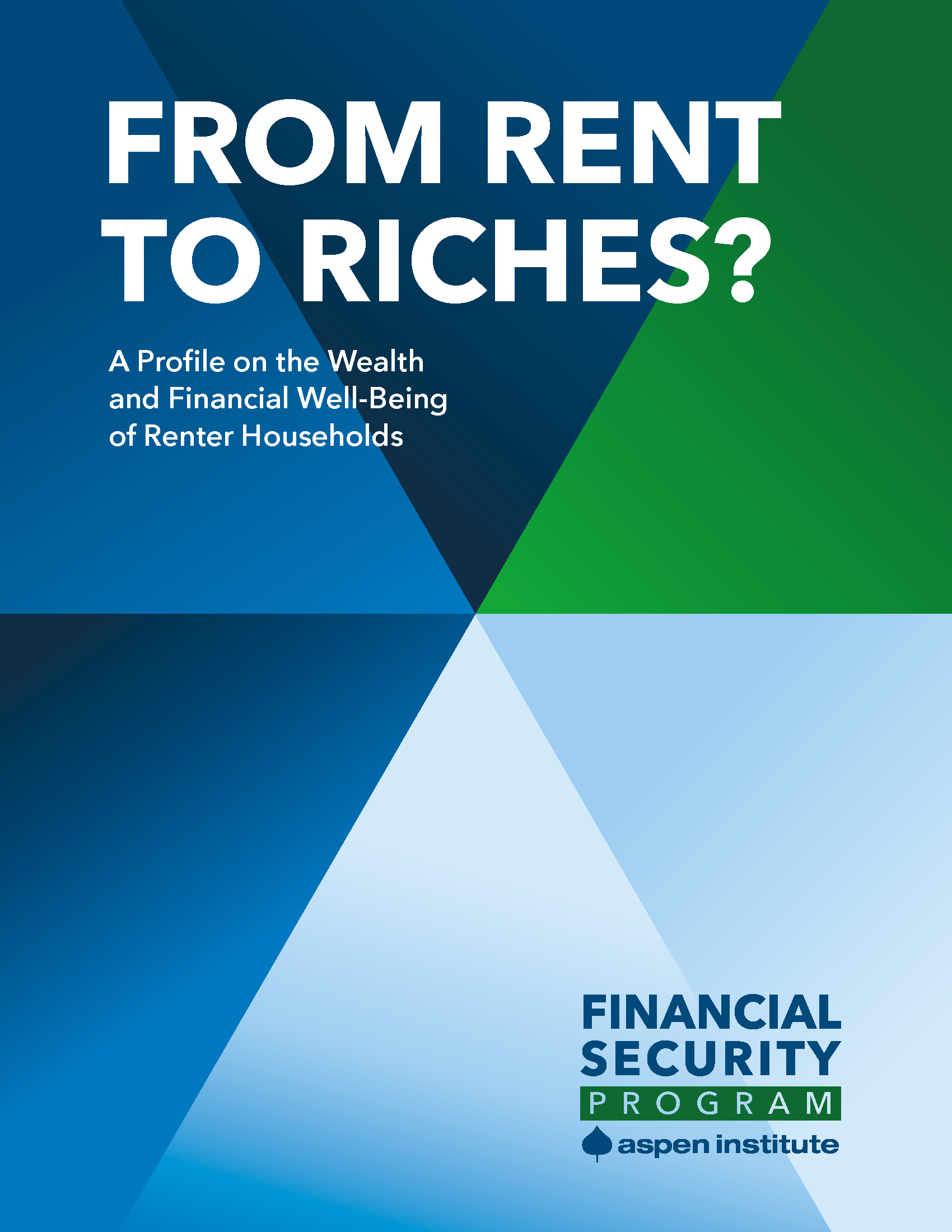Most progressives would like to think of government as an equalizer of opportunity, not as a driver of inequality. But there’s one respect in which state and local government policies in a growing number of jurisdictions are working to impoverish the people they should be helping: fines, fees, and tickets.
Cash-strapped local governments increasingly rely on steep fines and financial penalties to fund their operations: 48 states have upped their fines and fees since 2010. But these costs are also disproportionately falling on the people who can least afford them: the one in three Americans who live in poverty. “Tax collections dropped due to the weak economy and municipalities needed to find more sources of revenue to pay for ongoing operations,” writes the University of Minnesota’s Joe Soss, who found that the use of fines has expanded dramatically since the 2007 recession.
The consequences of these growing penalties can be dire. In Ferguson, Missouri, for example, an investigation by the U.S. Department of Justice’s 2015 after the shooting death of Michael Brown, an unarmed black 18-year-old, revealed that officials there aggressively raise revenue by fining local residents. In 2013, the municipal court in Ferguson — a city of 21,135 people —issued 32,975 arrest warrants for nonviolent offenses. Residents were fined $531 for overgrown yards, $792 for failure to comply with an officer, and $375 for lacking proof of insurance. If residents couldn’t pay, they were assessed late fees, which quickly snowballed from hundreds of dollars to thousands. People’s credit was ruined, their driver’s licenses were suspended, and some people were jailed. Fines were the city’s second largest source of revenue that year.
And then there are people like Michael Rizo, who had cycled in and out of foster care near Sacramento, California, since he was a toddler, got caught up in gangs and robberies, and had several stints in juvenile hall. When he was released, Rizo said his grandmother got a bill for $25,000, since California, like most states, allows counties to charge parents for every night their child is locked up, as well as for other costs including alcohol and drug tests, public defenders, and renting ankle monitors. His grandmother eventually had to declare bankruptcy, Rizo said.
In 2016, a group of legal aid and community groups launched Debt Free San Francisco to advocate on behalf of poor and homeless people, including many who’d been incarcerated, who were getting tickets for sleeping on park benches, racking up unpaid fines and struggling with debt from their time in the criminal justice system. Or when their cars were towed, they couldn’t pay the more than $400 they needed to get them back. In fact, one study found that 4 million California adults—17 percent of the state’s adult population— have had their driver’s licenses suspended because they couldn’t pay traffic court fines.
As a long-time policy advocate, I’d spent much of my career working to rein in payday and predatory lending. Government fines, charging people ever-increasing fees they couldn’t pay, looked a lot like predatory government. Excessive fines are a lose-lose proposition for a local government and its residents. People need to be held accountable, but we shouldn’t impoverish people when they make mistakes.
That’s why the City of San Francisco decided to launch the nation’s first-ever Financial Justice Project, of which I am the director, to assess and reform how fines and fees impact low-income San Franciscans.
The Financial Justice Project builds on San Francisco’s leadership in this space. When other counties started charging fees to parents whose children were locked up in juvenile halls, San Francisco was the only California county to refuse. Now, four other counties have followed suit and there’s a bill to get rid of them statewide.
We’re already making progress. San Francisco Superior Courts also became the first in the state to stop suspending driver’s licenses when people couldn’t pay traffic court fines. Governor Jerry Brown recently signed a bill to end this practice statewide. In other cases, we’re exploring whether we can adjust fines based on people’s ability to pay, or whether a nonmonetary remedy, such as community service, makes more sense. Several reform bills are advancing in California. Calls to right-size fines and fees based on people’s ability to pay, a common practice in many countries, are growing louder.
Some policymakers worry about the potential loss of revenue, since the federal government is signaling cuts in just about everything, but research shows that tracking down and forcing poor residents to pay up doesn’t pay off. The Vera Institute found that the City of New Orleans lost money trying to force residents to pay court fees, and the cost of jailing those who couldn’t pay far exceeded the revenues received. In California, counties get little financial gain from fees to parents of juvenile offenders, but inflict a world of pain on families.
Our criminal justice system is founded on the idea of proportional punishment. One way to ensure that consequences fit the offenses, and don’t fall harder on people whose wallets are thinner, is to reform the fines and fees that are taking too hard a toll on those who can least afford them.
Anne Stuhldreher is a fellow with New America. She is the first-ever director of financial justice for the City and County of San Francisco. This post originally appeared at the Washington Monthly.

